Growing up fatherless 'painful' for Wolverhampton youth worker
- Published
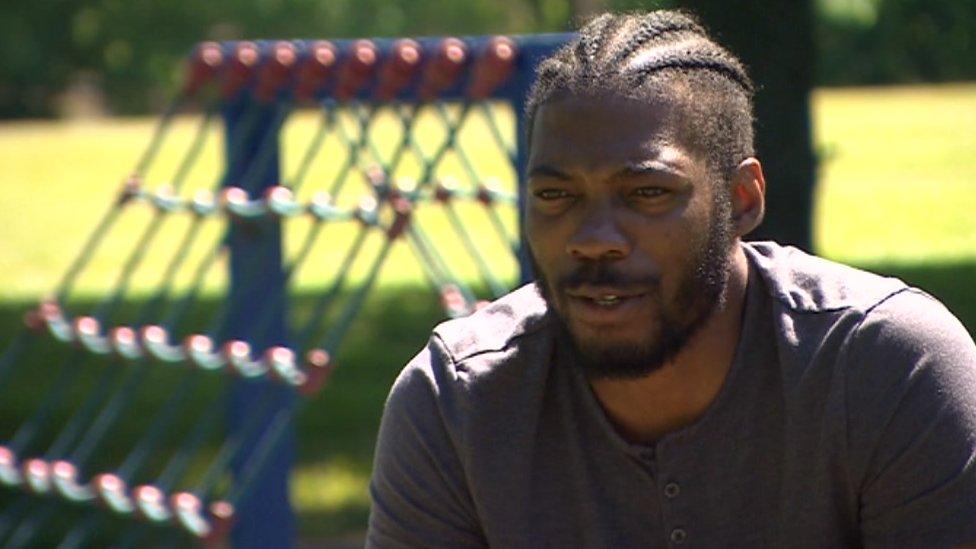
Duane Carridis said his experiences had prompted him to become a youth worker
Growing up without a father was a "painful" experience that led to "a lack of identify and low self-esteem," a Wolverhampton youth worker has said.
"He might have been able to help shine a light on which paths not to go down," said Duane Carridis.
A new film, written and produced in the West Midlands, examines issues faced by young black people growing up in single-parent families.
Mr Carridis said watching it had prompted "awareness and reflection".
"It's a painful experience to grow up without this person that's meant to be there, meant to care for you," the youth worker said.
"You grow up with a sense of anger, you don't know why you're angry but you are angry."
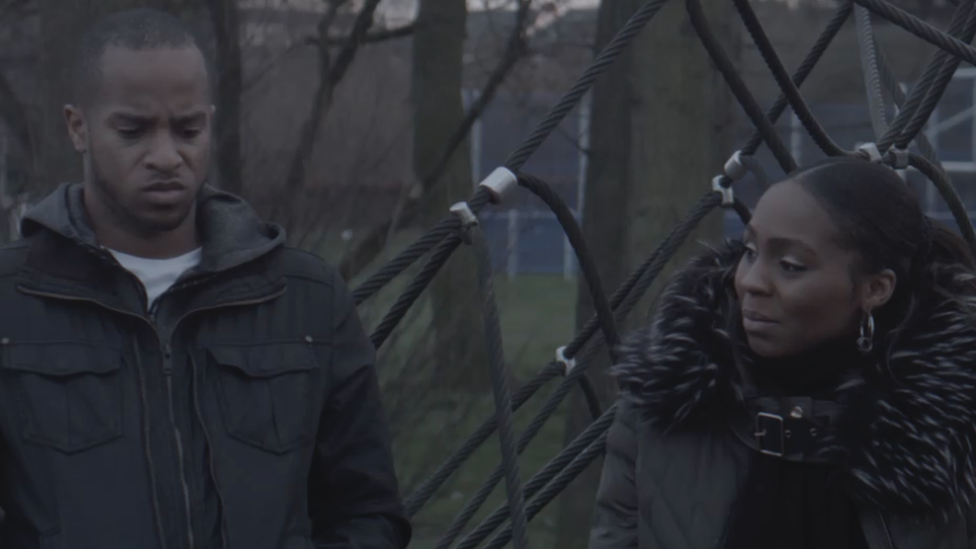
The film features a predominantly Black British Caribbean cast from Birmingham
The 34-year-old said he had only met his father three times, and that having a male role model may have prevented him taking "wrong decisions in life".
He said he had turned to "petty crime, robberies sometimes drug dealing," before turning away from that life in his 20s.
The drama, The Tale of the Fatherless, has been released in cinemas nationwide and features a predominantly Black British Caribbean cast from Birmingham.
It was adapted for the screen by 29-year-old twin sisters Sadé Davis and Misha Elliott, from their own stage play.
'Doing amazing things'
"We've seen some of our friends at that disadvantage, because they didn't have a two-parent household," said Ms Elliot.
"They didn't have people they could talk to for advice - people that would literally tell them that they were proud.
"But there are young people growing up without a father who are doing amazing things - starting businesses, going to university, and actually are going to be a good father to their children because they don't want their children to live the life that they lived," added Ms Davis.
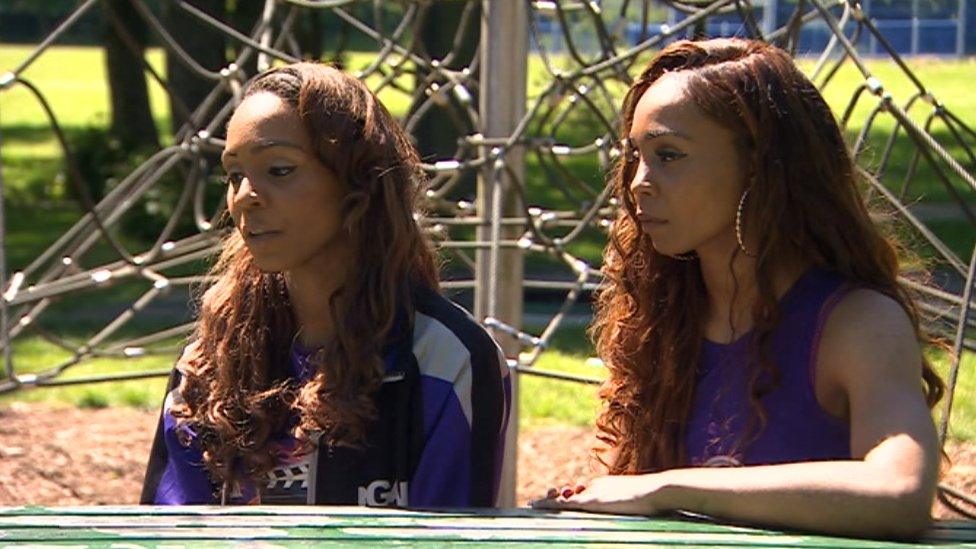
Twins Sadé Davis and Misha Elliott adapted the screenplay from a stage play of the same name
The last census revealed, external that 18.9% of black households were made up of a single parent with dependent children, whereas the figure for white British single parent households was 6.7%. In Asian households it was just 5.7%.
The absence of fathers was linked to higher rates of teenage crime, pregnancy and disadvantage in a 2013 report from the Centre for Social Justice.
Dr Martin Glynn, from the School of Social Sciences at Birmingham City University, said Black fathers had historically been stereotyped and "ignored when it comes to public and social policy issues".
"Fathers are absent for a lot of reasons," he said.
"Physical absence, incarceration, death, emotional unavailability.
"What we know is - the family breaks down, the community breaks down - when the community breaks down then society breaks down."

Follow BBC West Midlands on Facebook, external, Twitter, external and Instagram, external. Send your story ideas to: newsonline.westmidlands@bbc.co.uk , external
Related topics
- Published10 June 2013
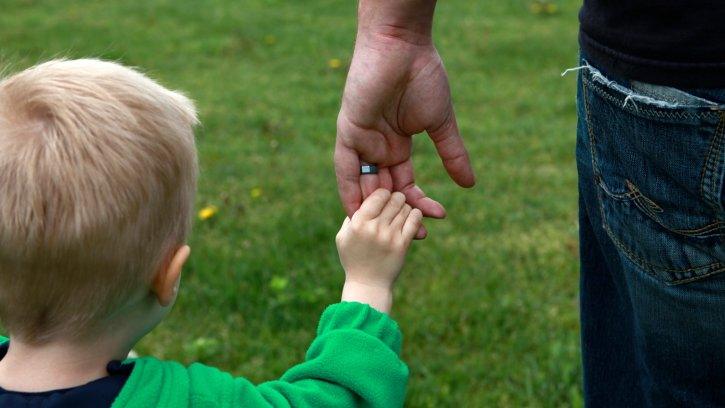
- Published28 February 2014
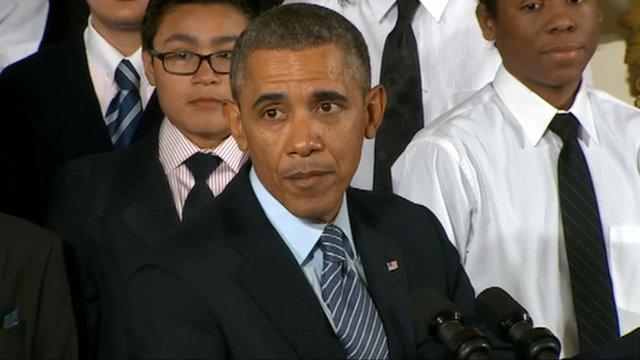
- Published5 February 2019